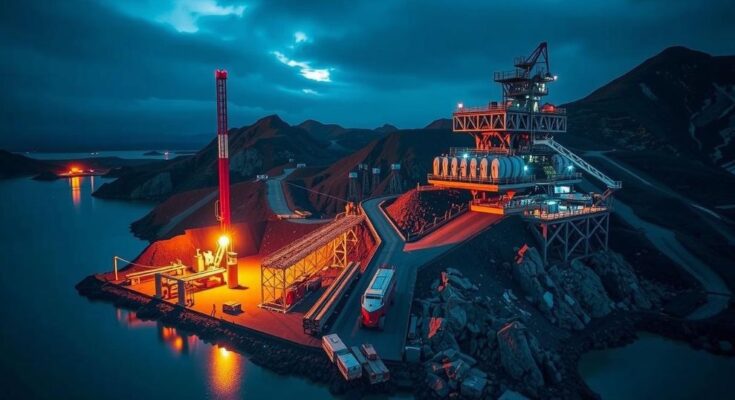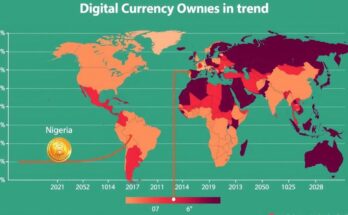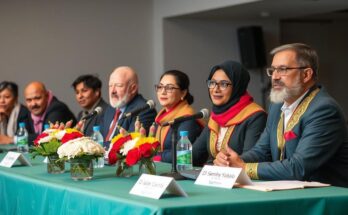A Chinese consortium, CBC, has agreed to invest $1 billion in Bolivia for lithium extraction. The project involves two extraction plants in the Uyuni salt flat, with Bolivia retaining a 51% stake, aiming to produce 35,000 metric tons of lithium annually. This initiative aligns with the growing global demand for lithium, particularly in electric vehicle production.
A Chinese consortium, known as CBC, has formalized an agreement with the Bolivian government to extract lithium, committing an investment of at least $1 billion. As part of this collaboration, CBC will establish two direct lithium extraction facilities on the Uyuni salt flat, a region crucial to the lithium triangle comprising Bolivia, Chile, and Argentina. Bolivia will maintain a 51% ownership in these extraction plants.
Lithium extraction is a pivotal endeavor in the context of the global shift towards renewable energy and electric vehicle (EV) production. The Uyuni salt flat is recognized for its abundant lithium reserves, making it an attractive site for investment and development. The demand for lithium is driven largely by its use in batteries for electric vehicles, with the Chinese market, particularly suppliers like CATL, pushing for increased access to these vital resources.
This investment by the CBC consortium not only reinforces Bolivia’s position in the lithium market but also exemplifies the strategic partnerships between nations seeking to dominate the EV supply chain. With a projected output of 35,000 metric tons of lithium annually from the new facilities, this initiative will significantly impact both local economies and international lithium supplies, despite uncertainties regarding Chinese companies’ future in North American markets.
Original Source: www.teslarati.com




